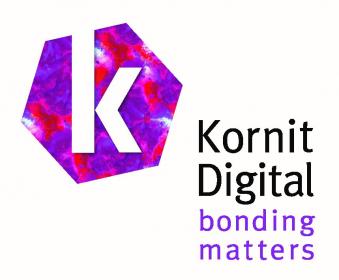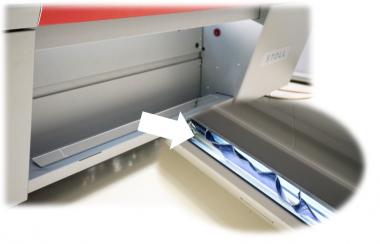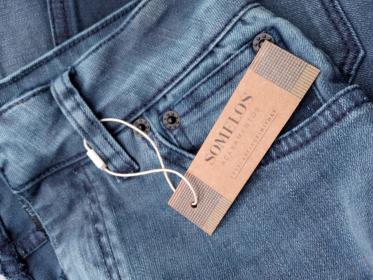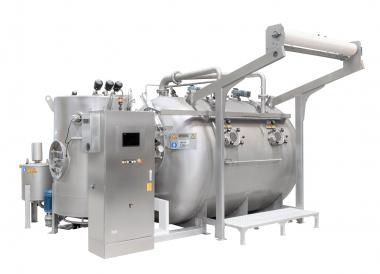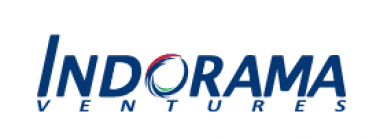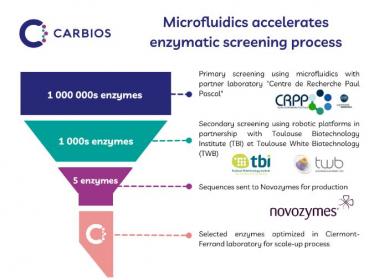Baldwin Launches New PrintEnomic$ Online Resource
Baldwin Technology Co. Inc. has launched PrintEnomic$, a new online resource of specialized eBooks and resources for corrugated, narrow web and sheet-fed and web offset printers at PrintEnomics.com.
The collection of Baldwin videos, podcasts and instructional guides are available for free and without firewalls to help maximize printer profitability. The eBooks analyze trends, issues, and technology options specific to printers in all three categories.
More than 5,000 print industry professionals have already downloaded or viewed earlier, limited-release eBooks “Untangling the Web” for narrow web and “From Beast to Beauty” for corrugated. The addition of “Video Didn't Kill the Radio Star. And Digital Didn't Kill Print” for sheet-fed and web offset printers completes the comprehensive PrintEnomic$ portfolio.
Through interviews with customers, industry insiders, in-house engineers – and reviews of the latest reporting – the eBooks explore pressing topics including sustainability, labor challenges, counterfeiting, and brand protection.
Baldwin Technology Company Inc.





